This week, I get an interesting email from a reader that has resurrected an article from the dead. Are BMW engines gigantic pieces of shit? Here we go…
Send your questions!
Question
I used to frequent Jalopnik. They had some real personalities who have gone on to produce bigger and better things. But one article I found, written by Tavarish, has stood out among all others:
BMW Engines Are Gigantic Pieces Of Shit
It bothered me when I read it (so click-baity), and it recently came up on Google for me so it must still be relevant. Can you prove this guy wrong? Or maybe he’s right?
– Jessie
Answer


In the hopes that The Great Google Gods will pick this up and place it ahead of that terrible but-still-on-top-article, I’m going to debunk it with my usual flawless logic and ownership experience.
I’ll pull some quotes from the article to see just how much is really true.
(s)Ample size
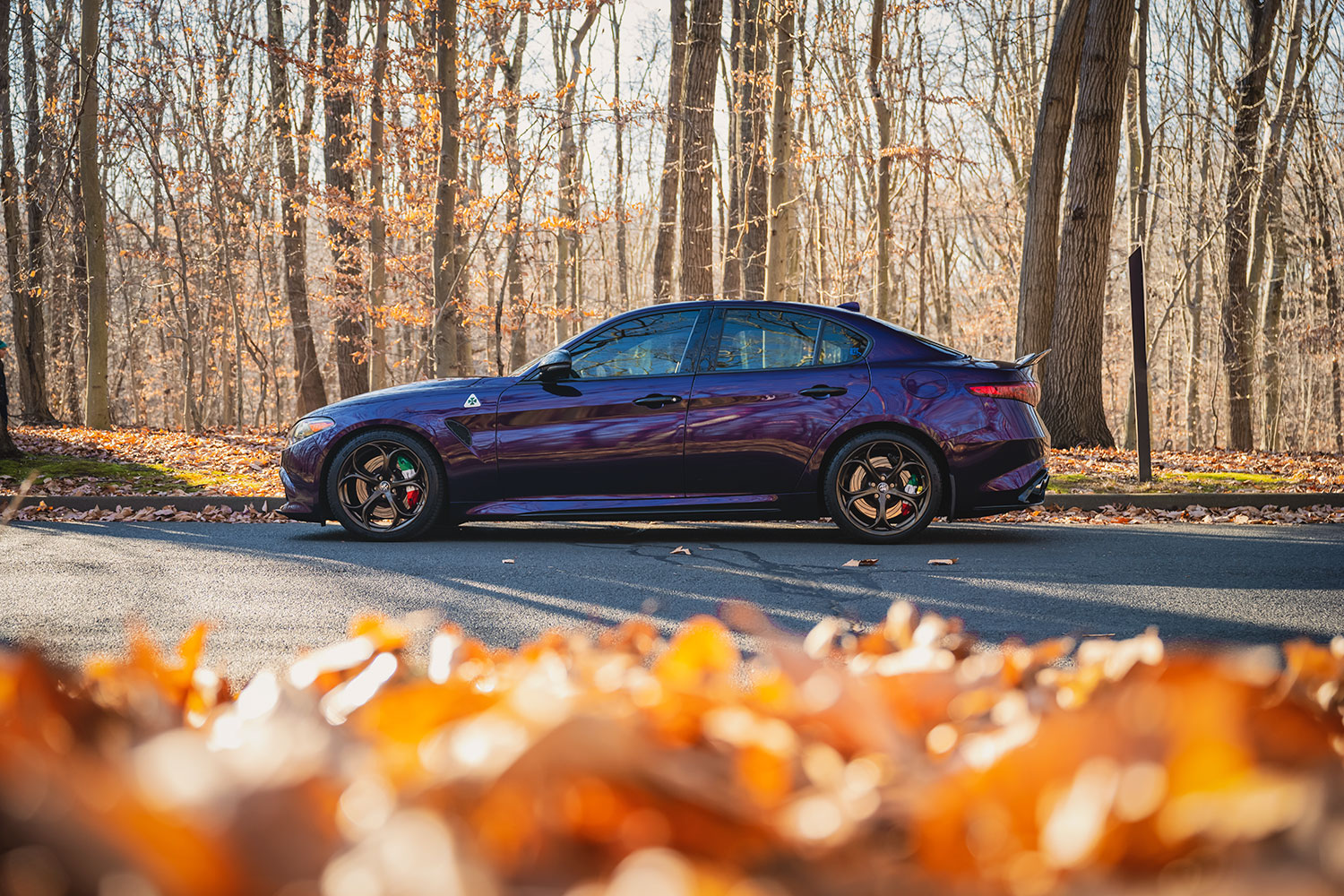

“Over the last few years, I’ve bought and sold some of BMW’s most desirable consumer cars. I’ve owned them, driven them, and most importantly, worked on them – five in total.”
We can start with Tavarish’s sample size, which is small and suspect. One car in particular stands out, which you can be sure represents the entire lot.
What if I told you that I found an E39 M5 for $7,900, and the CarFax listed no less than seven previous owners? Absurd. I can see everyone at TySpeed shaking their heads and laughing.
Sounds like a candidate for “Talk Me Out of It” – a place you’d expect to find cheap, suspect cars with more problems and accidents than a teen mom.
It’s my belief that once the car goes beyond its second owner, you’re on your own kid. It’s the wild west. Anything that happens is something I wouldn’t necessarily blame on the car being crap, just owners that didn’t care, or the car reaching its natural age.
BMW engines are not perfect (do you shudder every time I say rod bearings?). But let’s say you leased an E92 M3 when it came out, and you knew you weren’t going to keep it. So, oil changed every 15,000 miles? Launching the car like it’s hooked up to the U.S.S Nimitz while the redline is still solidly in the “cold” section? Not my car in three years, don’t care.
I’ll get back to those rod bearings in a minute.
Who worked on it?


“My old E36 M3 featured a US-only spec 3.2 liter straight six cylinder engine that produced around 240 horsepower. It also had a unique problem in which the nut that held the sprocket driving the oil pump would fall off. Yes, the one thing that made sure your engine was oiled properly would simply fall apart, because it wasn’t torqued down properly from the factory.”
“From the factory”. How does he know no one touched it? He was touching it.
BMW engines are not like momma’s VQ in her Maxima. They are unnecessarily complex. There are no less than four specialized mechanic shops within driving distance to my home. I can’t say the same for Honda.
Maybe you think BMWs need more attention, and they do. But have you noticed how nothing else feels like one unless you go up the price ladder? And what’s up there – Porsche, Ferrari, Lambo. Not exactly bastions of cheap, or reliable.
Avoid 99% of surprises by doing a pre-purchase inspection and you will have no reason to worry.
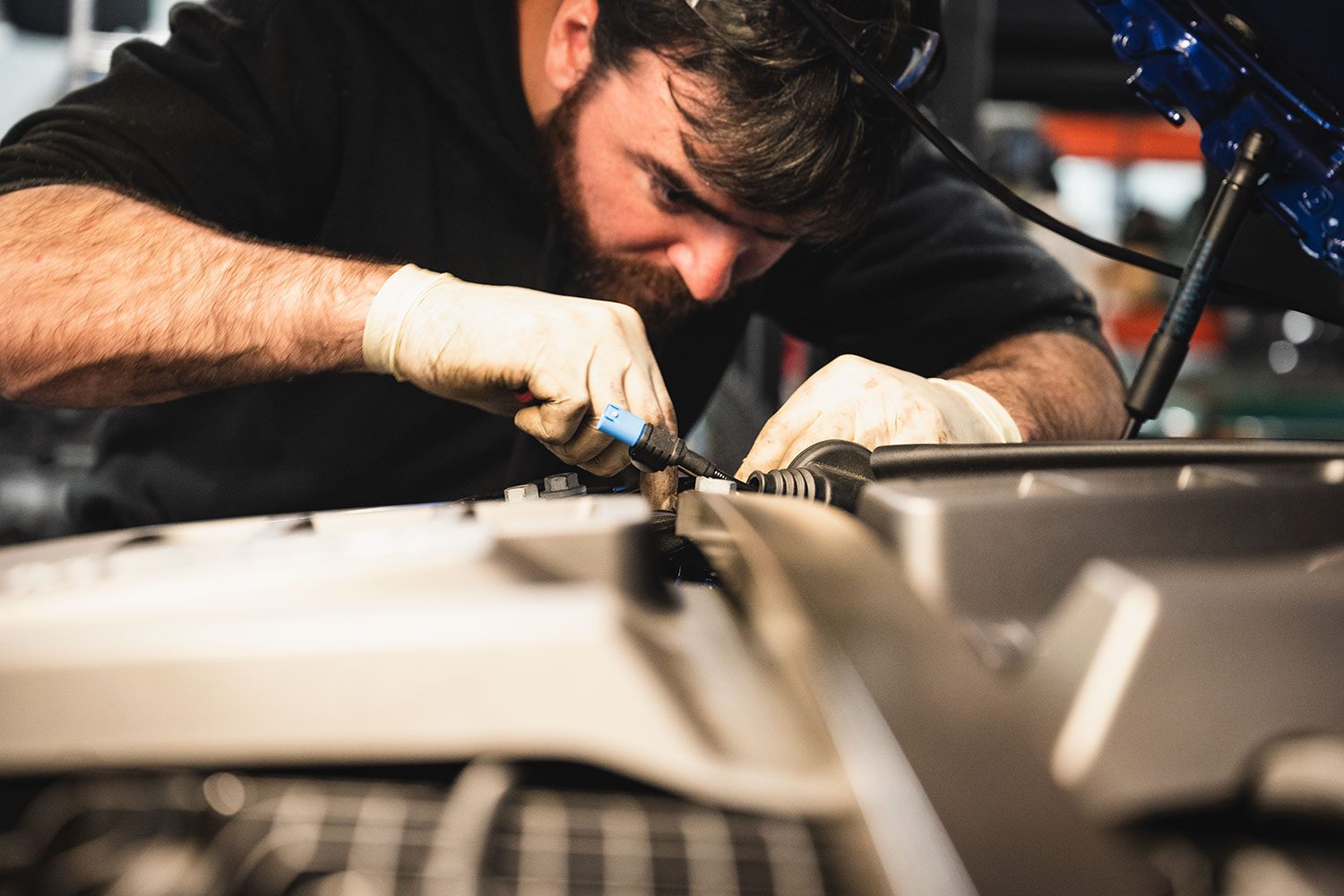

Pay up or Pay Up
“The engine would reduce itself from a taut, muscular bellow to a feeble, rattly, barely-running mess in about 120,000 miles, and that’s unacceptable for a $5000 Craigslist beater, much less a near-$60,000-when-new luxury performance sedan.”
In about 120,000 miles? Forgive me but isn’t that simply an old car, not a bad one?
“Perhaps you can compare the aggregated long-term reliability of, say, any BMW model made in the last 20 years with that of a regular, boring-ass Toyota Corolla. The Bimmer consistently scores 20-30 points less than any comparable econobox, warranty or not.”
This is in reference to a 540i with a V-8, and it drives me nuts. When new, this car cost upwards of $60,000. That’s almost $100,000 in 2023 money. Why would you expect the maintenance to be on par with an economy car? And those reliability ratings are fake news. Have they ever asked you? Never asked me. People only complain when things go wrong.
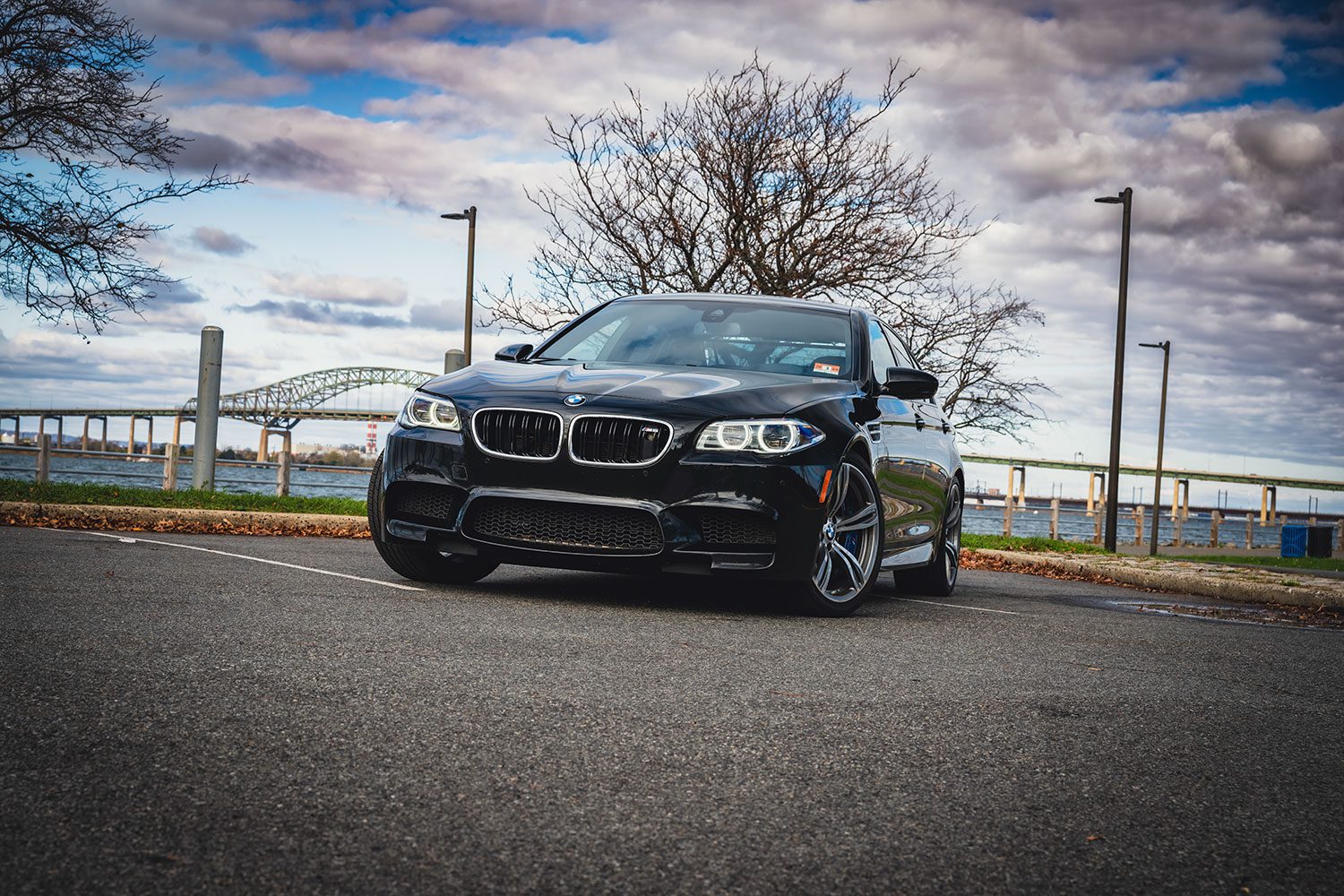

There are some design flaws of course. Rod bearings, plastic timing chain guides, etc. But you’re also purchasing the car at a fraction of its original price. If you don’t pay up when new, you’ll be paying when you fix it later. Buying a $22,000 E60 M5 and setting aside $3,500 for new rod bearings should hardly be a financial burden on its new owner. If it is, you’ve purchased a car beyond your financial means.
Bad batch
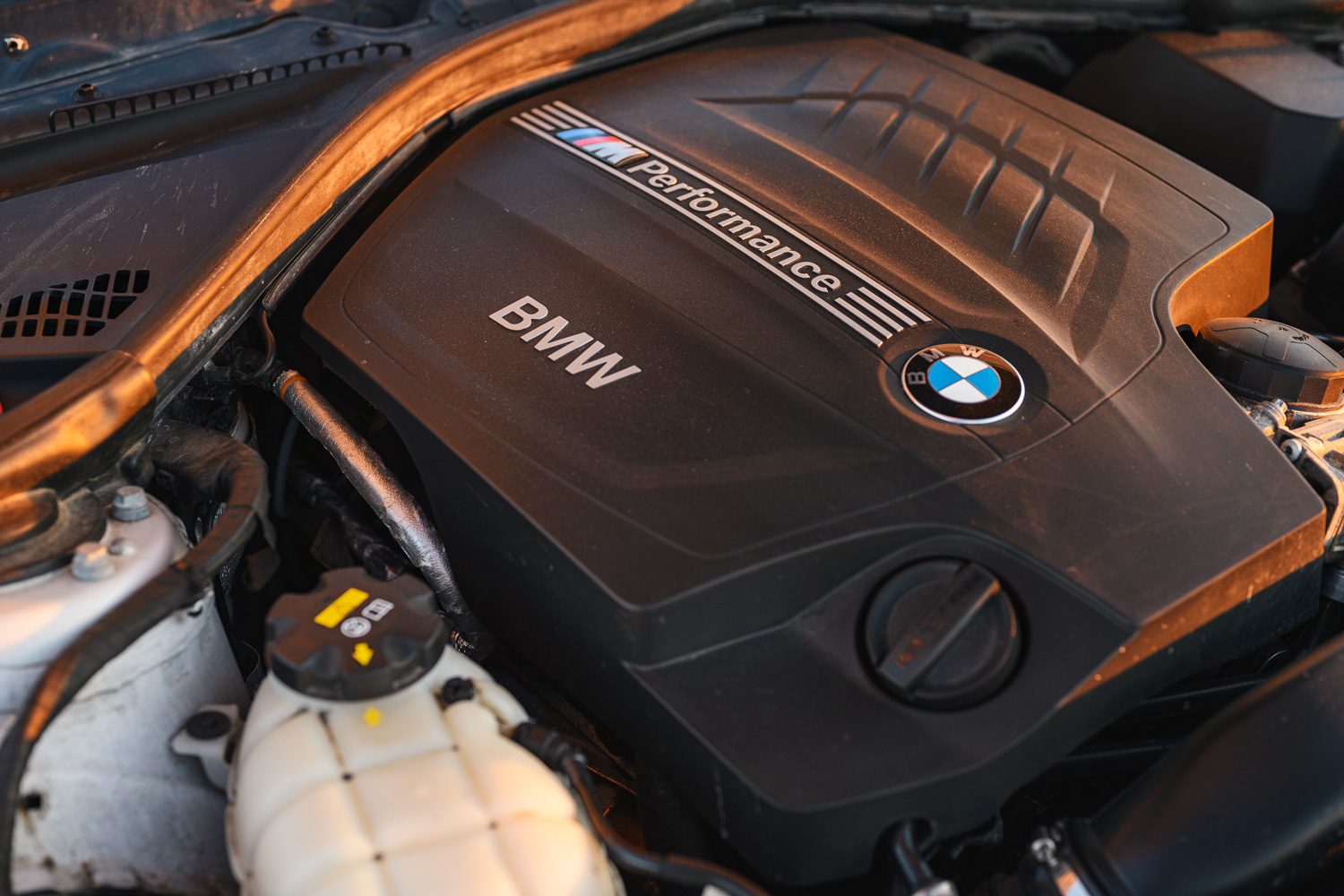

Perhaps the only BMW engine that truly is terrible would be the N55. My 335i had numerous leaks, left me stranded on the Garden State Parkway and needed many shop visits to right itself. Of course, trouble with the motor is very well documented across the internet.
But even that I can explain some of it away. Purchased as a CPO with around 15,000 miles, the car lived its life in New York City. That means long periods of sitting, followed by heavy doses of traffic and I’m sure idling. That shouldn’t cause the issues the car had, but like being married, you know what has the potential to make your partner grumpy. So you know…don’t do it.
And BMW does try. Engines like the S63 produce a lot of heat, which can cause parts to become brittle over many heat cycles. To combat this, they leave the fans running for a few minutes even after you shut the car off. That causes the battery to drain faster, which is turn makes you mad when your M5 needs a new one sooner. But it ain’t easy (or cheap) to make a car with 617 horsepower that does everything you ask of it every day.
Modernize Me
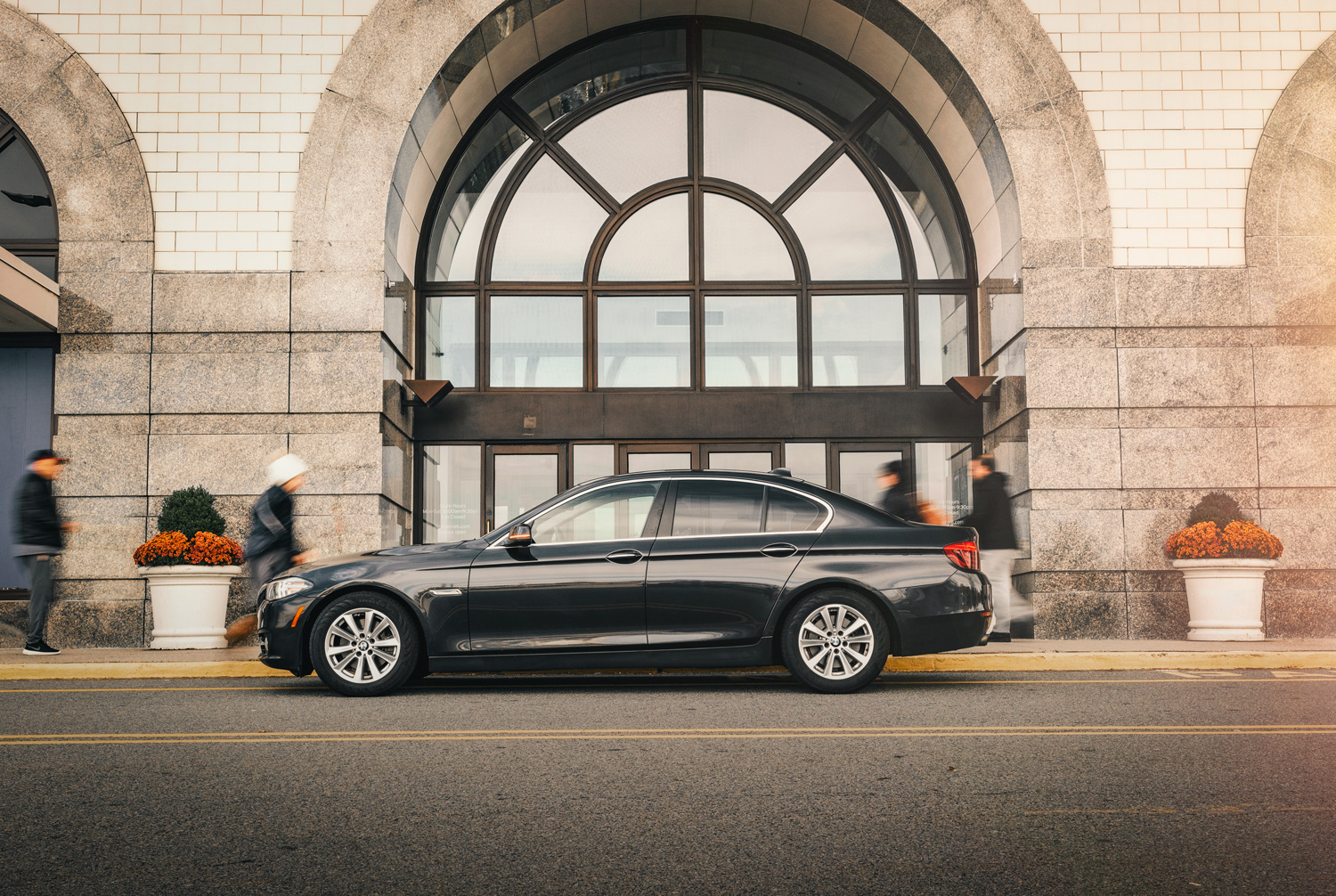

“The relatively new N20-series engines that featured four cylinders and turbochargers experienced timing chain stretching that necessitated two weeks’ downtime and a new engine. Not the end of the world with a warranty, but bank account destroying if you’re one mile out of the safe zone.”
Here, Tavarish is right. Sort of. Timing chain issues did plague the N20, to the point that a class action lawsuit was brought against BMW.
But here’s the thing – don’t trust BMW. Their maintenance intervals were ridiculous back then. In an effort to keep the cost of their “Free Maintenance for four years” package down, they only gave you three oil changes at 12,000 miles apart, wiper blades and brakes (but only if the rotors were shot, not just the pads).
My 328i with an N20 had over 120,000 miles on it with nary an issue. I changed the oil myself every 5k miles and drove it consistently, putting more mileage on the car in four years than most owners do in ten. Hard miles too – sitting in traffic, all kinds of weather, 120 miles a day. My 528i had 80,000 miles when it left my possession, and I never had an issue with that one either.
BMW has also refined their engines – a B48 has none of the issues an N20 has. Can you please tell me something else you own from 20 years ago that still works reliably, that you never had to fix?
Hell, I don’t work as well a I did 20 years ago.
Going, going…


“At this point, I, as well as anyone with two brain cells to rub together, should be completely turned off to the idea of realistically owning a BMW if it has anything close to its original engine living in the bay.”
Good thing it only takes one cell to run Machines With Souls.
This article was written a few years before auction sites really started to take off, so it doesn’t really predict the big M boom. $90k for an E92 might seem silly, but people are getting it.
But even the older, run down ones I find are ok – I could take it to TySpeed and have them zero out the chassis for less than that newer E92 costs. And it would be reliable for years to come. Even with lower mileage, cars can become brittle from sitting too long. Rubber seals wear out, tires rot…it’s a crap shoot.
So no, Jessie, BMW engines are not gigantic pieces of shit – that was written for shock value. If you give the car a true once-over in the form of a pre-purchase inspection, and have a reliable mechanic on stand-by in case something does happen, there’s no reason you can’t enjoy one for years to come.
Want your car reviewed?
If you live in the tri-state area and want me to check it out, send me an email!
Support the cause
Commissions may be received for product links on this site. Help out if you can.
I use Nikon camera bodies and lenses, a Westcott Ice Light 2, Manfrotto tripod, B + W filters and an iMac Pro to make the art you see here.
Follow along on Instagram @machineswithsouls






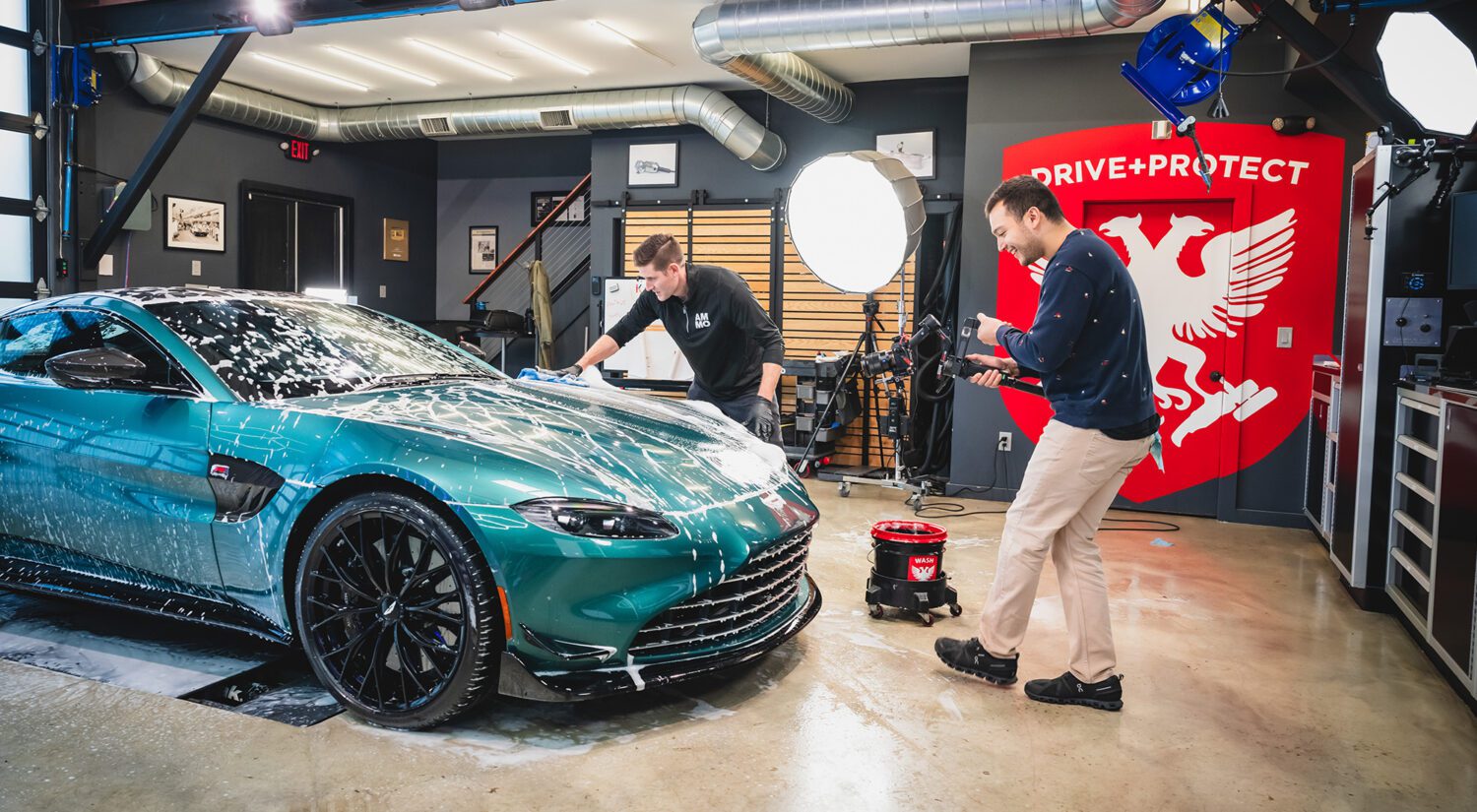


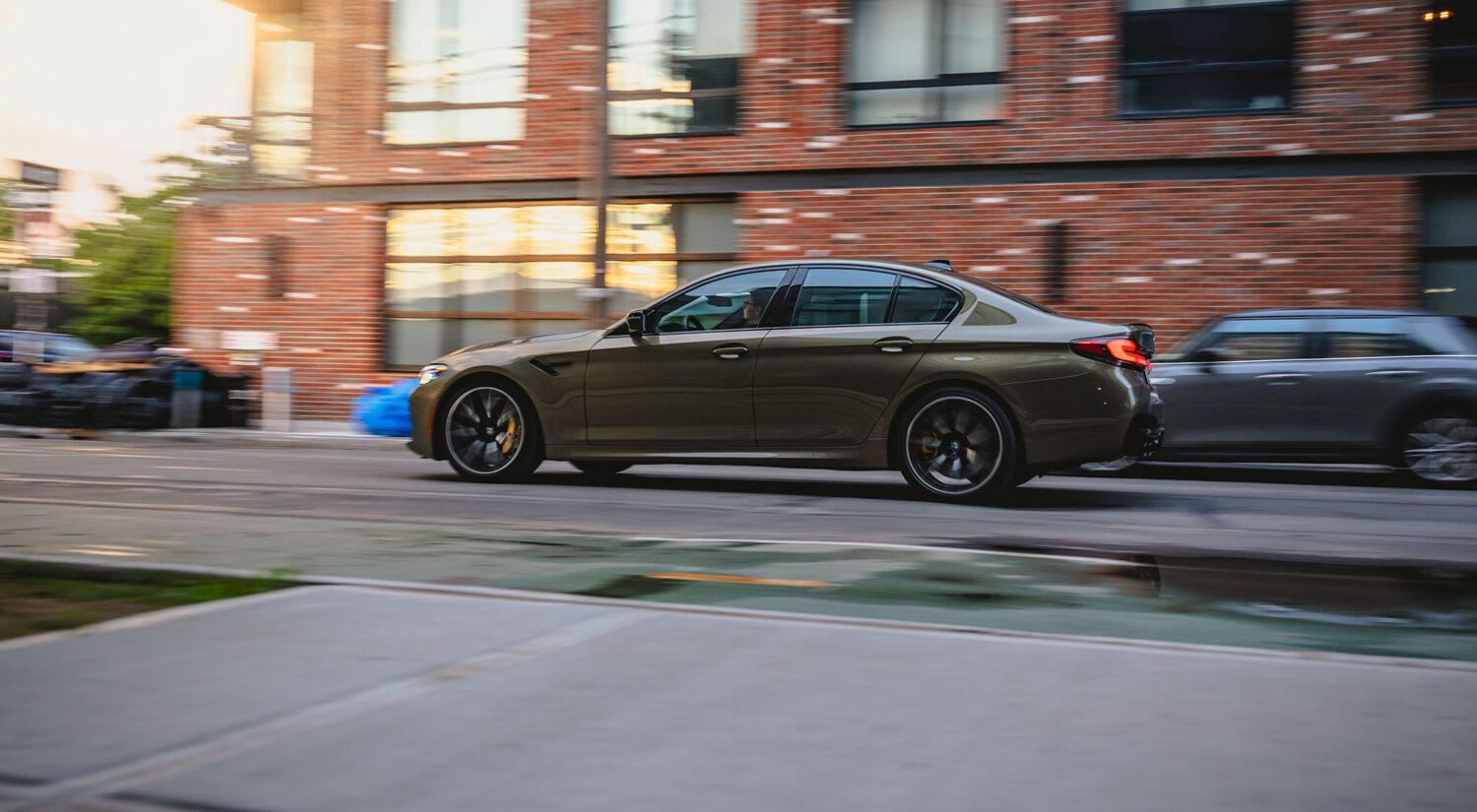



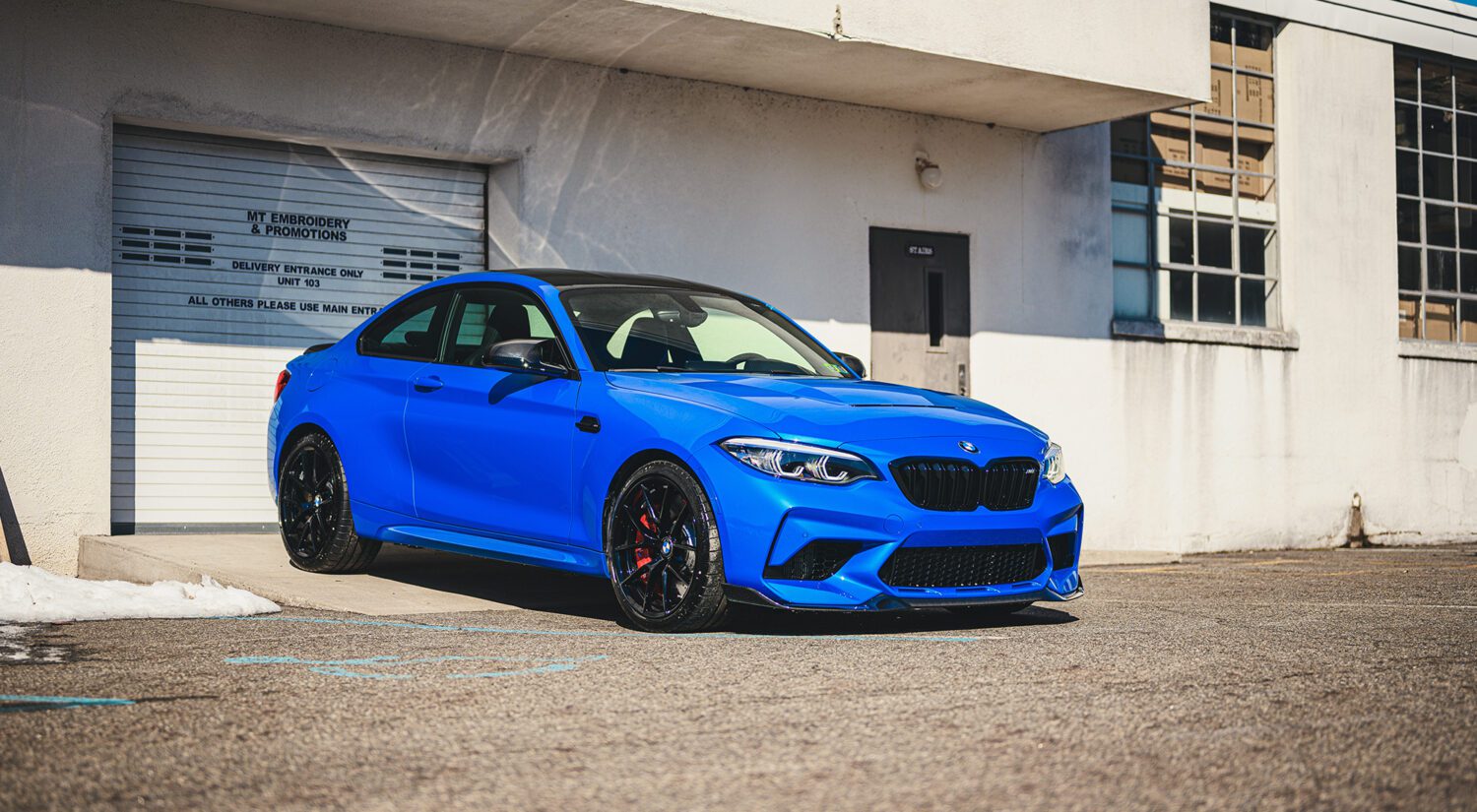
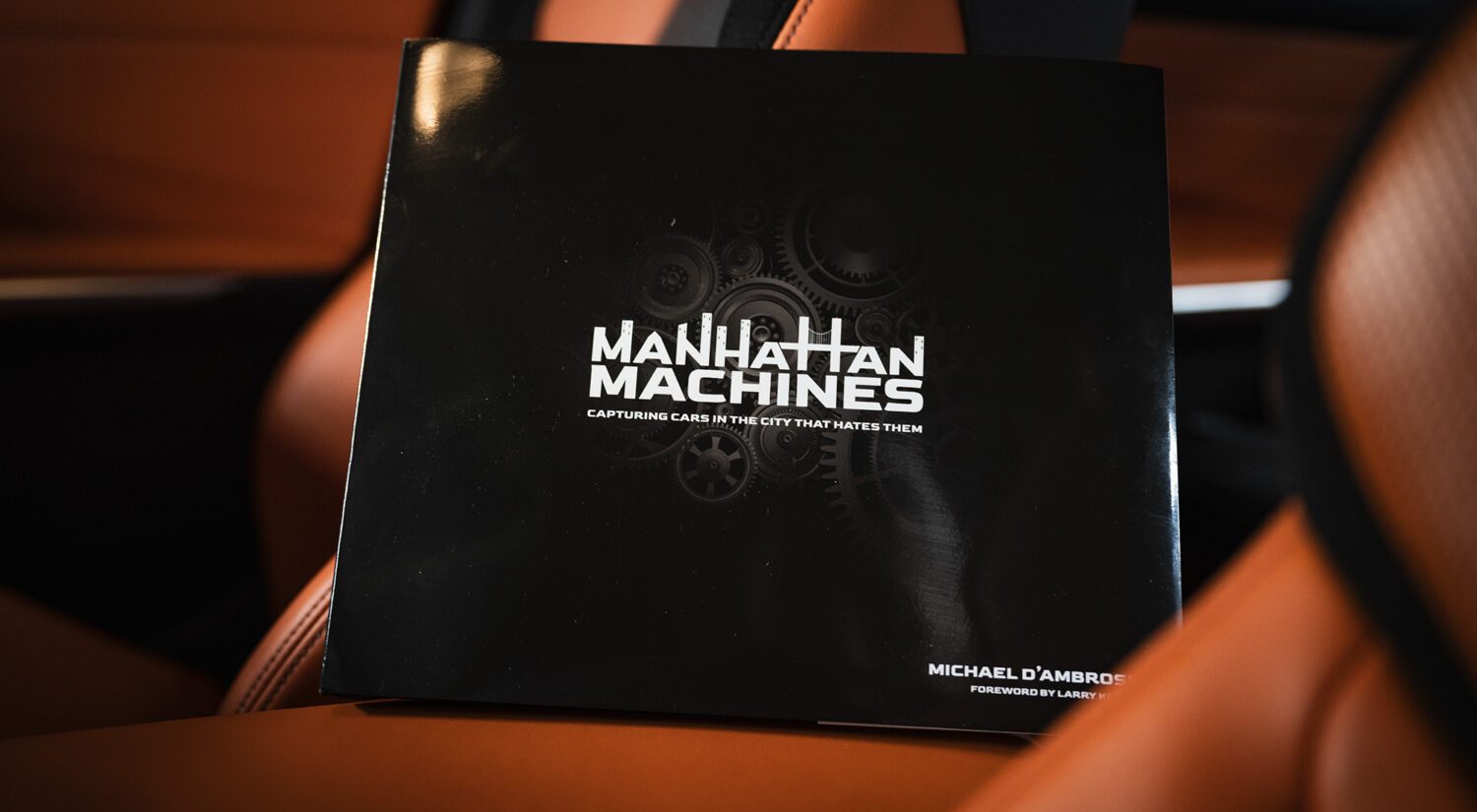

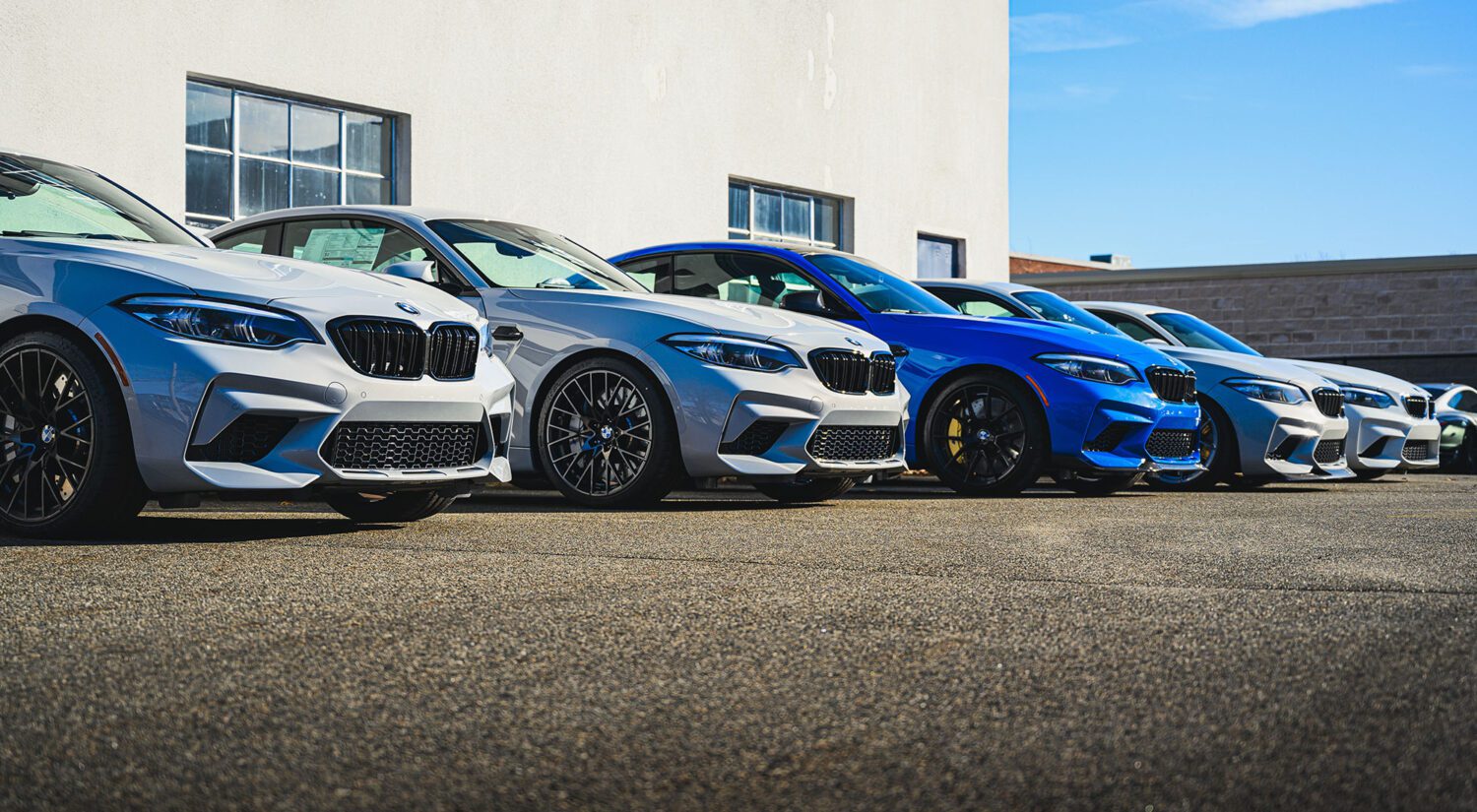
One thought on “BMW engines are NOT gigantic pieces of shit”